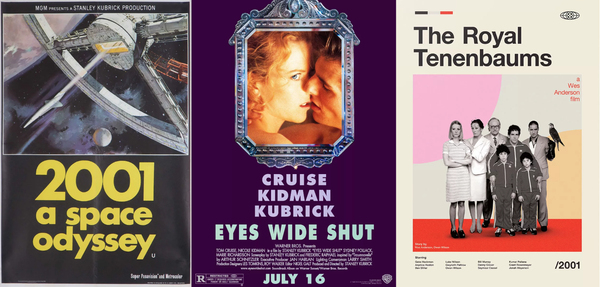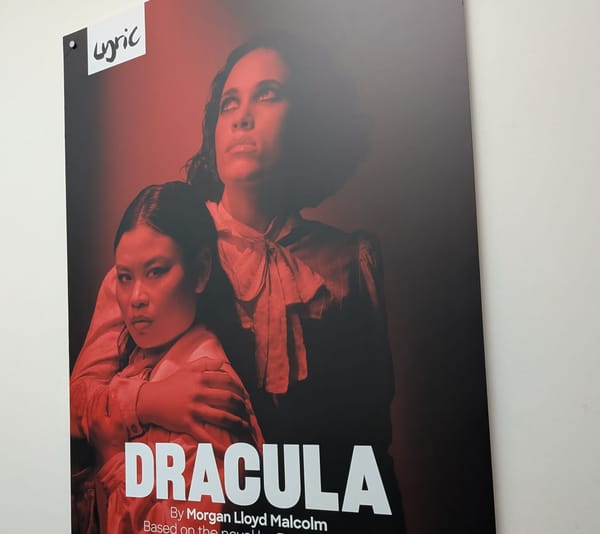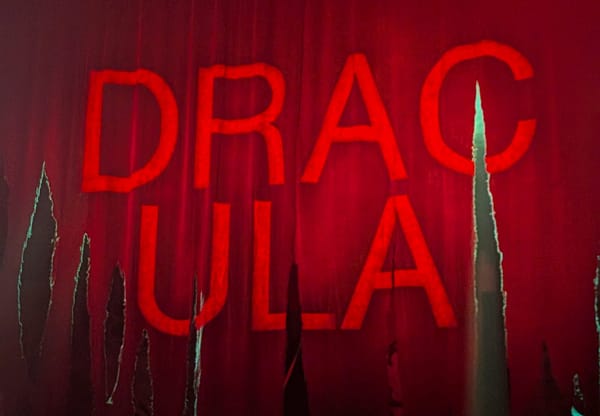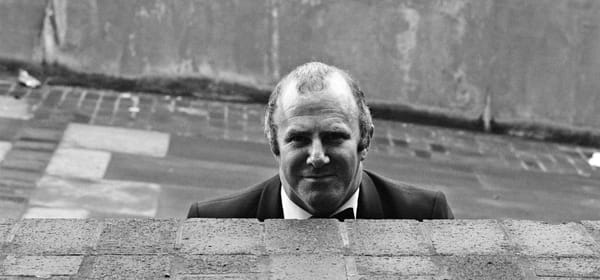Pen Name Hell
Why do people use pen names? More specifically: why do crime writers have so many each? I know the answer, and it’s complicated.

John le Carré does not exist. It is a fictional name created by the spy, David Cornwell. Ian Fleming did exist. The man was the writer, the writer the man. Why the difference? David’s novels were not permitted by his employers, at various times both MI5 and MI6. So he sent his books off, not expecting to get published, and conjured up the name John the Square as professional cover. Years later, after leaving the service, he was stuck with the name.
Fleming was always a writer, once he left the military and had a ‘good war’. He had no need to hide himself, and he is only remembered for one thing: as the creator of James Bond. Nobody remembers him for Chitty Chitty Bang Bang, so he got away with it. Ian Fleming on the cover.
When I started writing, I always wanted to use my own name. But by the time I got a novel I wanted to send to a publisher, I had a day job. Not in the secret service, but the civilian equivalent. That’s right, management consultancy. They hated any sign of individuality and the thing I most feared was, paradoxically, success. So I made up a name. In the days before Amazon, I became Paul Charles. I chose badly. There already was a Paul Charles.
After time away from writing, I came upon a better ruse. I would use the German spelling of my name. In the era of Google, changing one letter of your name suddenly makes you invisible. I became, and remain, P. C. DETTMANN. Note the alluring use of capital letters. Note the careful removal of gender. Yes, this was a better disguise.
And now, I feel too close to the new name. Worse, I want to write a pulp story that will be deliberately unoriginal and derivative. A. A. Fair meets Raymond Chandler. With a bit of Robert B. Parker mixed in. In this role, I become: Ernest McQueen. Why?
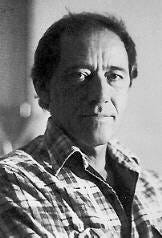
Why did Erle Stanley Gardner, creator of Perry Mason, have to use A. A. Fair as a pen name? Well, probably he didn’t. But Stephen King became Richard Bachman for his marginal efforts back in the day. He even faked up an author photo using his agent’s friend! Why? Raymond Chandler never bothered. The answer goes back to the early days of publishing.
Like current film directors, the name of the author is a brand that is supposed to convey a sense of content. You know what Stephen King means in the bookshop. You know what section he lives in, and you know his books have certain common features. If Stephen King wrote a steamy romance, you’d stop buying Stephen King.
One reason James Patterson is given bad publicity is that he doesn’t write all of his books. He is more like a film director, controlling other ghost writers. This is accepted in the movies, but not so much in books. Not today, but maybe tomorrow. Ian Fleming lives on, writing through many other British authors who create a pastiche of James Bond that is indistinguishable (sometimes) from the real thing.
I give traditional publishers a hard time here and elsewhere online. I believe that, certainly in London, the established names are dinosaurs wondering why that rock hit the earth and created the internet. Unlike Hollywood, they have failed to adapt. True, they have seen off the eBook, probably forever, but the eBook only became a threat because they had dropped their guard.
So Ernest McQueen is my pulp crime persona. He came to me like any other character. A mix of Hemingway, Steve McQueen and Ellery Queen, who also did not exist. Ernest is older than me, and wiser. He is more brave and daring. His writing is more visceral. Dear reader, I prefer his books to mine!
So these are the reasons that writers fake up names. It’s not just to hide, although sometimes it is. It is to become free. A writer without friends and family, a writer who does not exist, is free to be true to the story.


